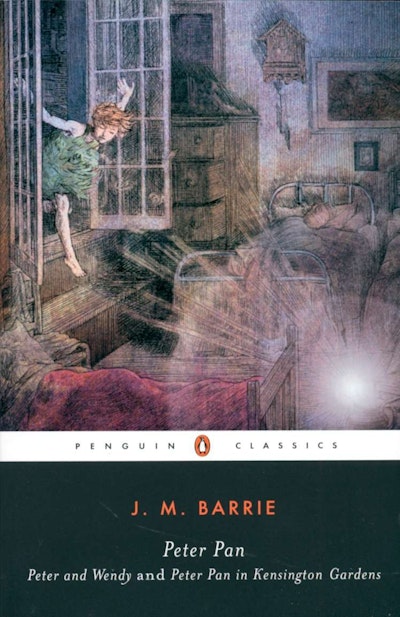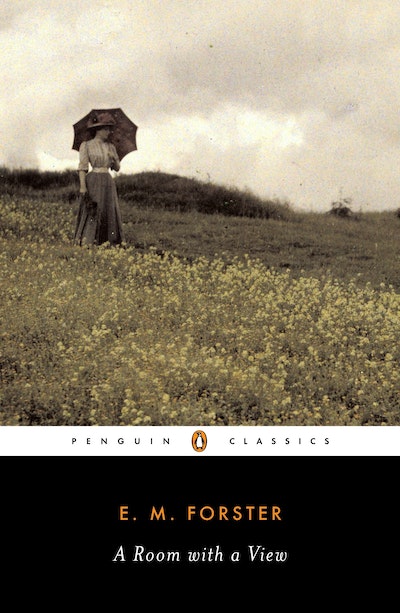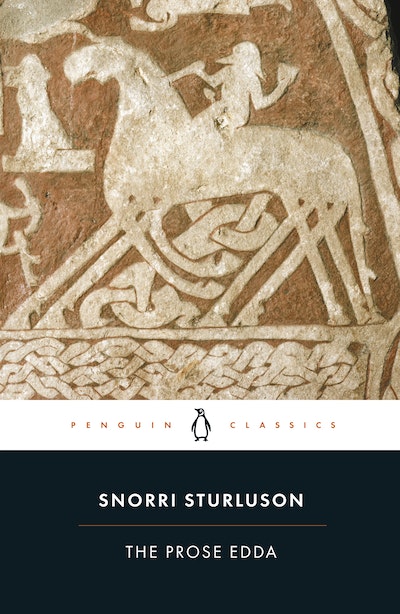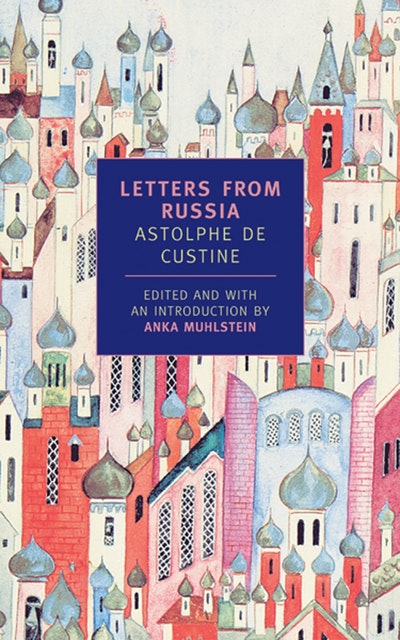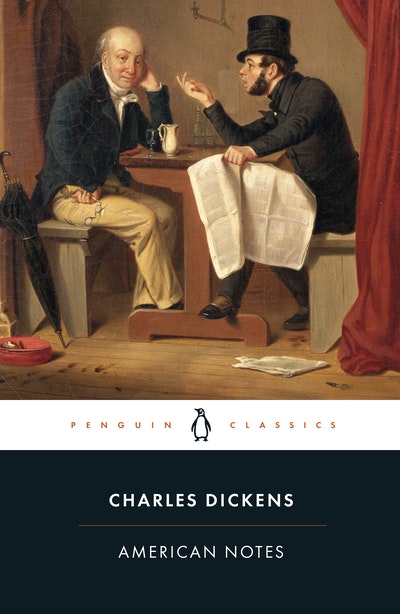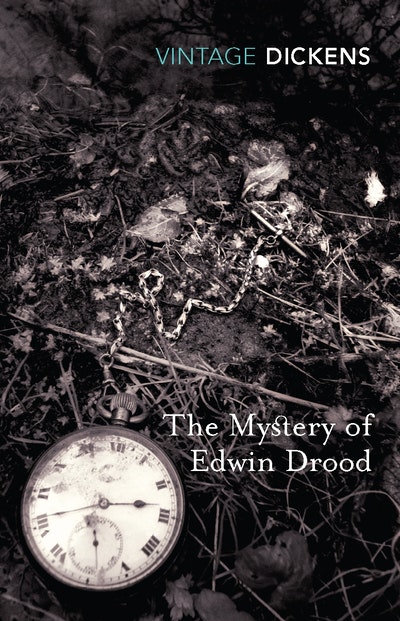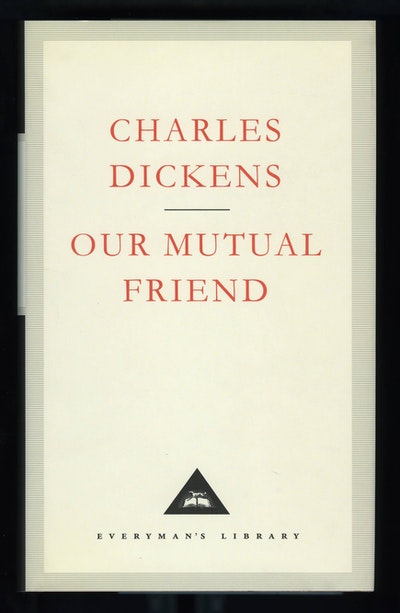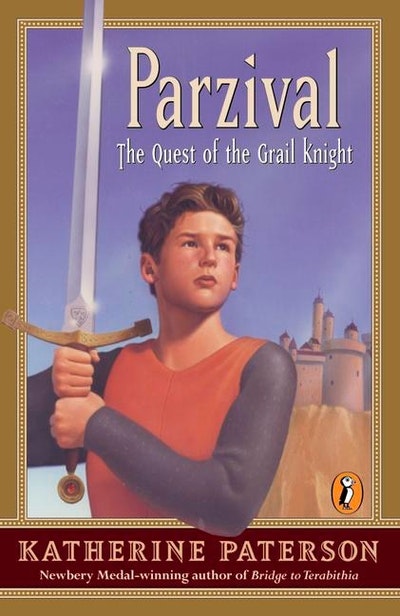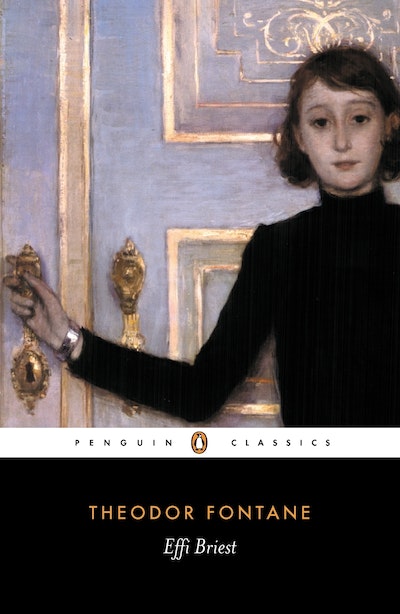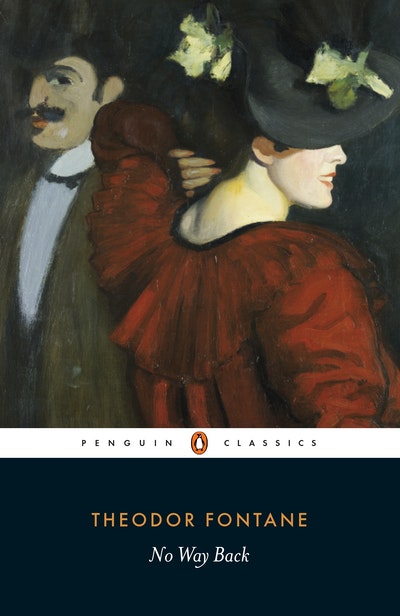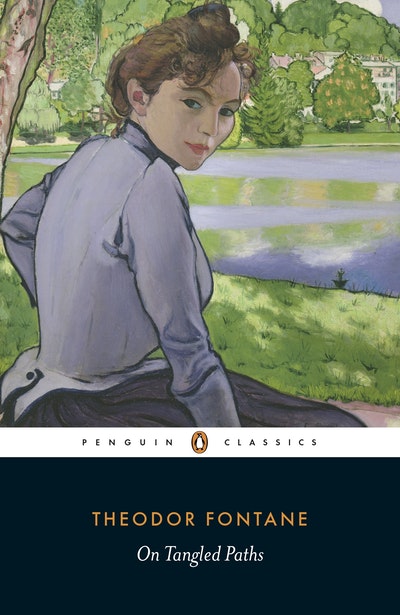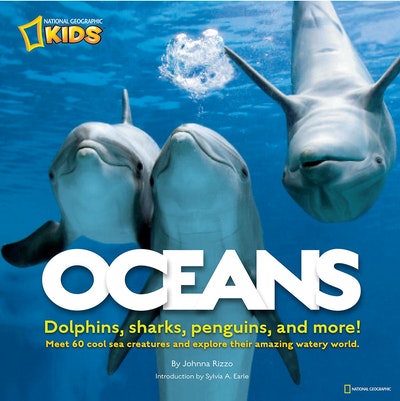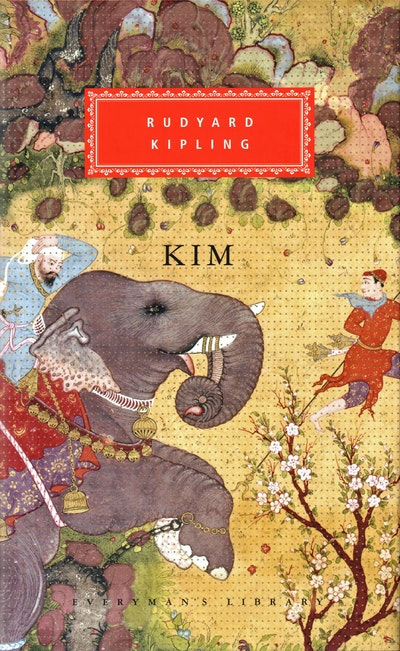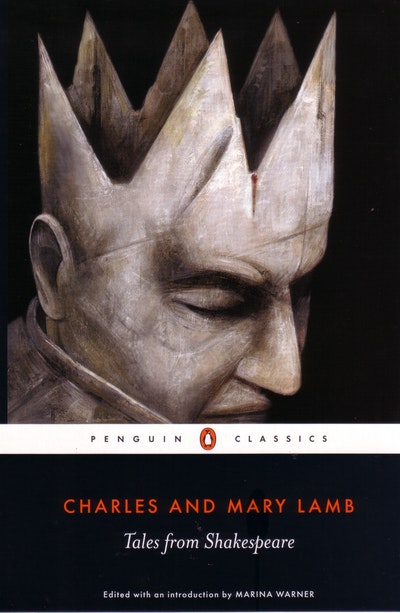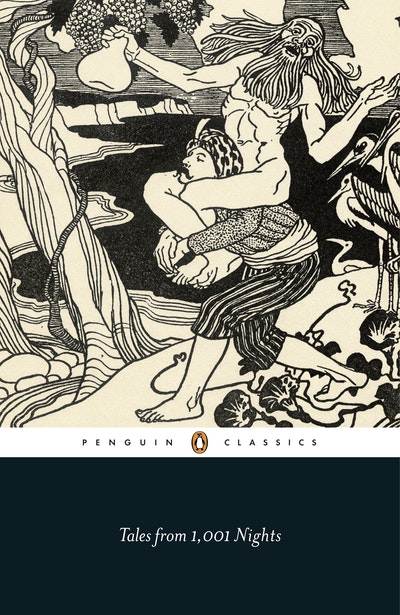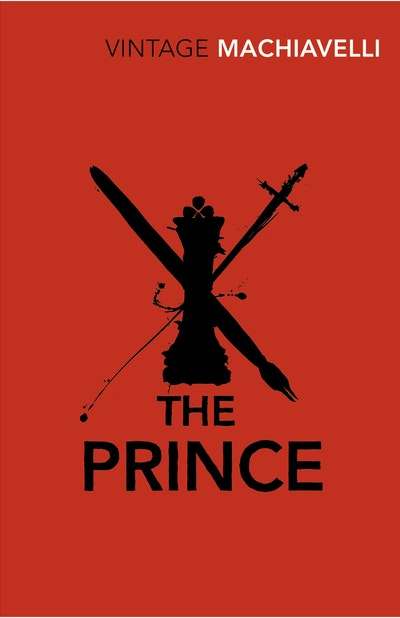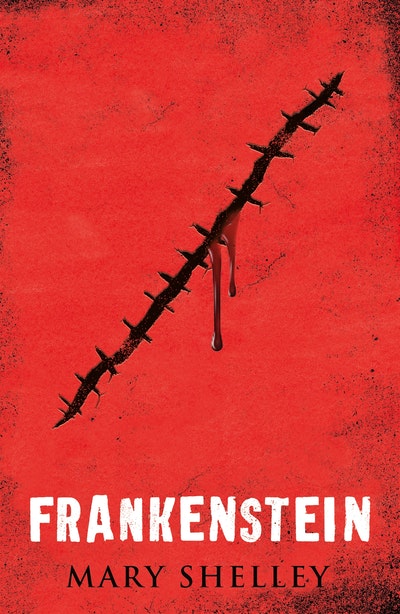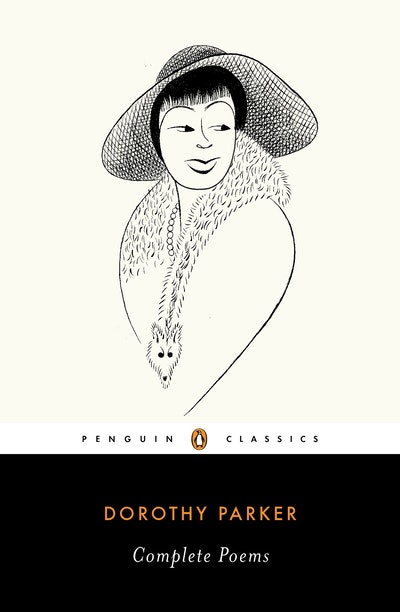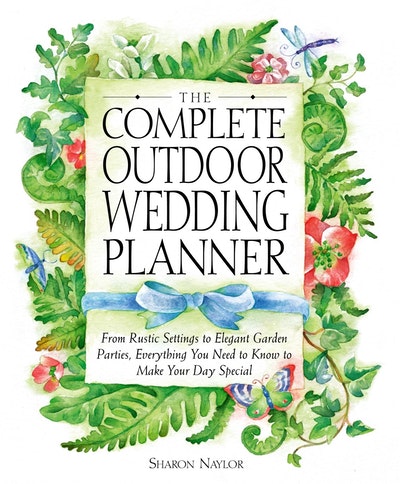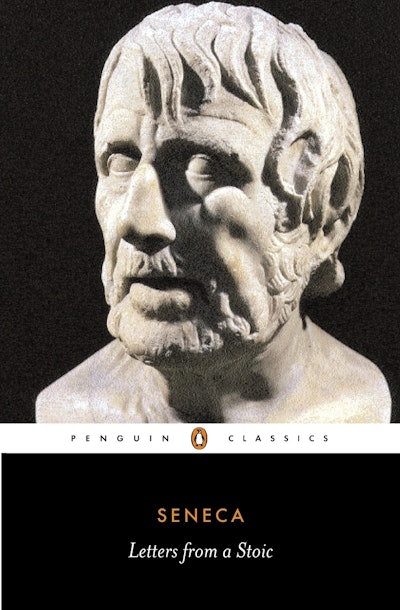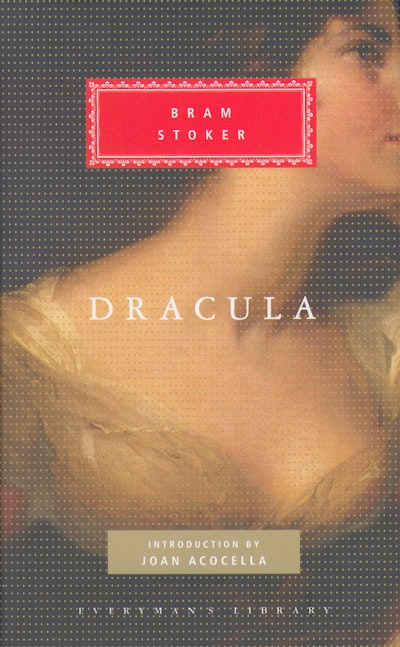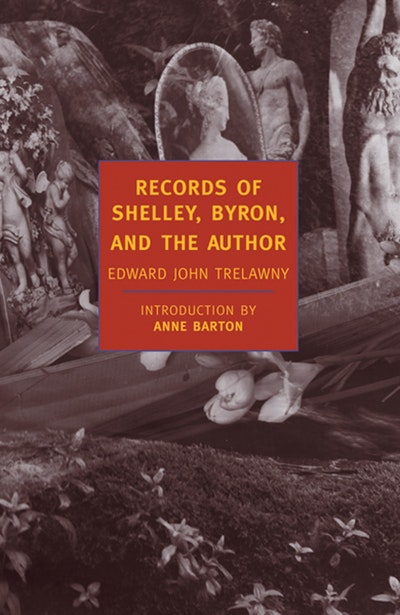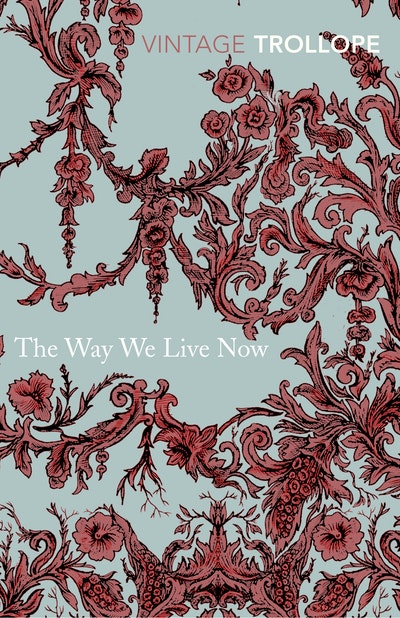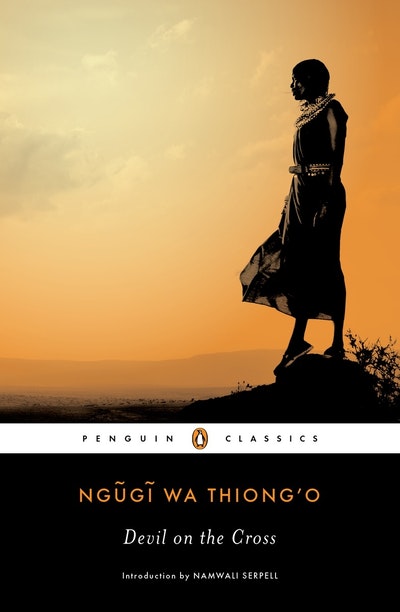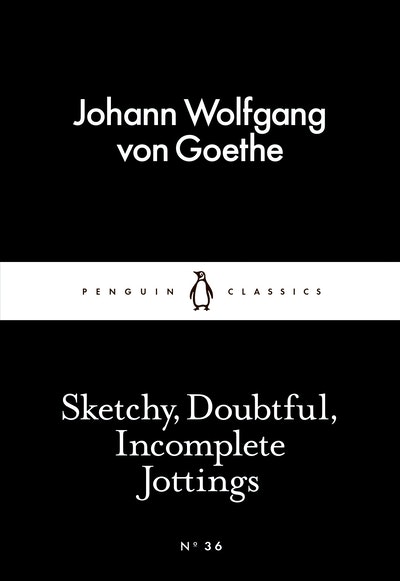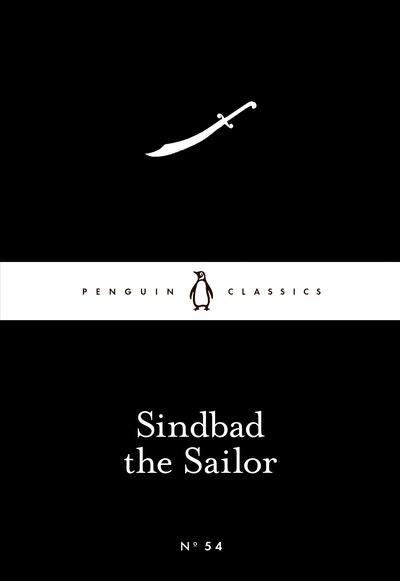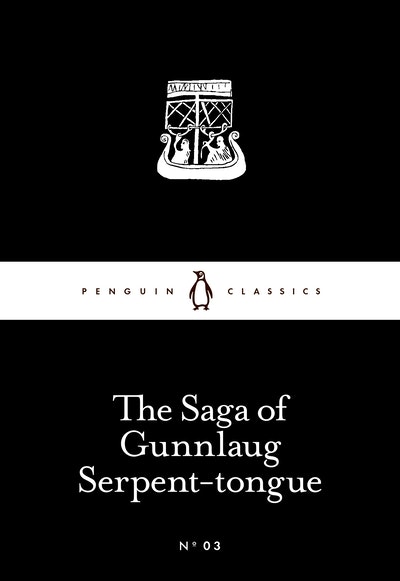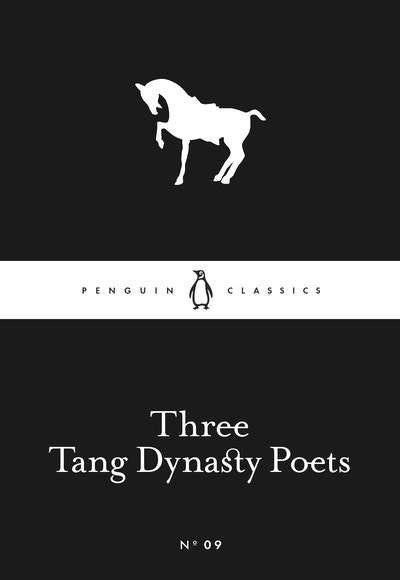- Published: 12 October 1998
- ISBN: 9780140447200
- Imprint: Penguin Classics
- Format: Paperback
- Pages: 208
- RRP: $22.99
Maxims and Reflections
First complete translation into English of 'Maximem und Reflexionen'
Throughout his long, hectic and astonishingly varied life, Johann Wolfgang von Goethe (1749-1832) would jot down his passing thoughts on theatre programmes, visiting cards, draft manuscripts and even bills . Goethe was probably the last true 'Renaissance Man'.
Although employed as a Privy Councillor at the Duke of Weimar's court, where he helped oversee major mining, road-building and irrigation projects, he also painted, directed plays, carried out research in anatomy, botany and optics - and still found time to produce masterpieces in every literary genre. His fourteen hundred Maxims and Reflections reveal some of his deepest thought on art, ethics, literature and natural science, but also his immediate reactions to books, chance encounters or his administrative work. Although variable in quality, the vast majority have a freshness and immediacy which vividly conjure up Goethe the man. They make an ideal introduction to one of the greatest of European writers.
- Published: 12 October 1998
- ISBN: 9780140447200
- Imprint: Penguin Classics
- Format: Paperback
- Pages: 208
- RRP: $22.99
Other books in the series
About the author
Johann Wolfgang von Goethe was born in Frankfurt-on-Main in 1749. He studied at Leipzig, where he showed interest in the occult, and at Strassburg, where Herder introduced him to Shakespeare's works and to folk poetry. He produced some essays and lyrical verse, and at twenty-two wrote Götz von Berlichingen, a play which brought him national fame and established him in the current Sturm und Drang movement. This was followed by the novel The Sorrows of Young Werther in 1774, which was an even greater success.
Goethe began work on Faust, and Egmont, another tragedy before being invited to join the government of Weimar. His interest in the classical world led him to leave suddenly for Italy in 1786 and the Italian Journey recounts his travels there. Iphigenia in Tauris andTorquato Tasso, classical dramas, were written at this time. Returning to Weimar, Goethe started the second part of Faust, encouraged by Schiller. In 1806 he married Christiane Vulpius. During this late period he finished his series of Wilhelm Master books and wrote many other works, including The Oriental Divan (1819). He also directed the State Theatre and worked on scientific theories in evolutionary botany, anatomy and color. Goethe completed Faust in 1832, just before he died.

































































